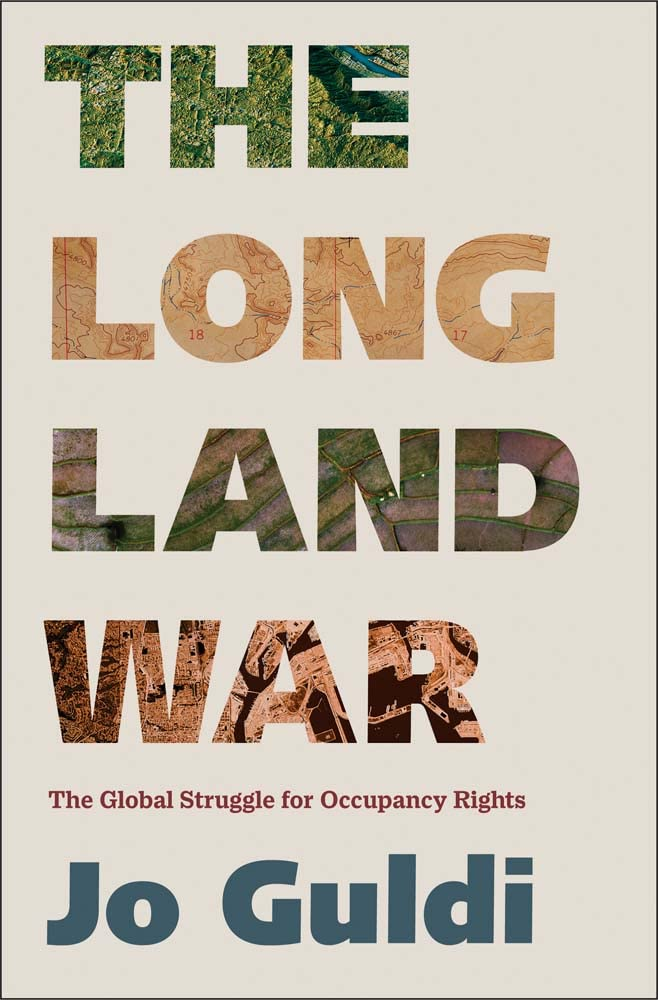The hopes for a global revolution in land redistribution rested, at the international level, on one primary institutional strategy: the work of the United Nations would provide a forum for solving the problems of developing nations. With the help of this institution, a new elite, charged with Weberian ideas of duty and rationalization, would challenge the traditional power of empire or race. Bureaucracy was thus key to the envisioned revolution. Effective land redistribution would depend on the agitation of civil servants, government experts, and popular leaders who understood themselves to be servants of peasant and popular rebellions against oppression. A new elite of educated social scientists would lead the way toward peasant liberation around the world.
But it was not Warriner and the FAO’s theory of decolonization that dominated in Washington, where a slate of Ivy League professors began to preach a “modernization” theory that framed economic growth as the ultimate virtue. In the Washington Consensus that emerged later, far away from Rome, global hopes about the development of poorer counties were increasingly articulated not in terms of justice but rather in terms of consumption. As Wolfgang Sachs observed of the outlook for development in 1992, “Across the world hopes for the future are fixed on the rich man’s patterns of production and consumption.”
Many individuals would look to markets, rather than states, as an avenue for implementing social policy. The era saw a massive counterreaction against modern bureaucracy that grew out of a broader conservative movement against the state. Neoliberals attacked the “red tape” of modern government. They argued that market exchanges represented a more rational approach to modeling human society, as distinct from the oppressive and irrational management of the state. A new era was marked by government from the “private” sphere, characterized by the expanding presence of NGOs in every initiative connected to development and poverty. As prominent voices in the United States began to target the spread of communism worldwide, many began to attack land redistribution as a form of communism in disguise. With the withdrawal of U.S. support, the brave visions that had emerged at the FAO began to founder.
However we may assess the United Nations, many of us now share a view of history in which the theft of land from indigenous people is central to the transformations of capitalism and states over the last several hundred years. Such an understanding may drive us to wonder about possible remedies for the mass evictions of the past and further possible displacements in the future. Could coordinated land redistribution programs or rent controls today make homes for those displaced by flood, fire, drought, and famine?
